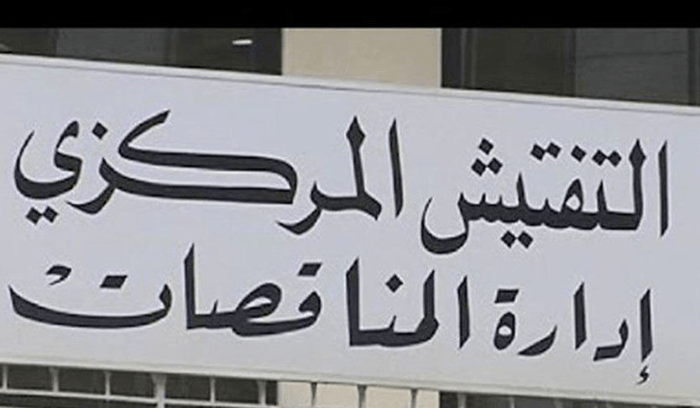On January 24, Lebanese officials began a new round of talks with the International Monetary Fund (IMF) over a bailout plan to lift the country out of its worst economic crisis ever. Lebanon’s GDP shrunk from $55 billion in 2018, to $21 billion in 2021. The IMF asked the government to prepare a comprehensive recovery plan encompassing the following 4 pressing issues: (1) restructuring the public sector, (2) resolving the banking crisis, (3) monetary stability, and (4) an effective fix for the electricity sector. LIMS explained that a credible reform plan would include unpopular measures. It is therefore unrealistic to expect politicians in power to jeopardize their status by taking on such a tall order so close to elections.
Therefore, LIMS suggested to use the pre-election period to push for important reforms that could become popular and gain support. Specifically, having succumbed to pressure from the international community that demanded transparency, the Lebanese parliament ratified a new Public Procurement Law that expanded the scope of work of the Tender Board (now renamed the Public Procurement Authority) to cover all public tenders. This reform, if implemented properly, could place checks on public spending and on electricity tenders contributing to 2 of the 4 IMF axes.
Effective in 5 months, former employees of the Tender Board will be kept in their ranks at the new Public Procurement Authority, except for Dr. Jean Ellieh, who was made the acting director—rather than permanent director. However, the new law has some holes, as the government now has the authority to replace the acting director at will and to discretionally select members of the Public Procurement Authority, tasked with monitoring the government itself. In the face of this blatant conflict of interest, LIMS called for reinstating Dr. Ellieh as permanent director, given his proven record of upholding the law. Additionally, LIMS suggested amending the Public Procurement Law to ensure independence of the supervisory body from the government, and that employees be selected based on merit, not nepotism.
- The Challenges That Face Lebanon In 2022, January 4, 2022: Leb Economy, Article AR
- The Importance Of Limiting Public Spending In Lebanon, January 10, 2022: Annahar, TV Interview AR
- The Reforms Demanded From Lebanon To Unlock International Aid, January 13, 2022: Alyaum, TV Interview AR

